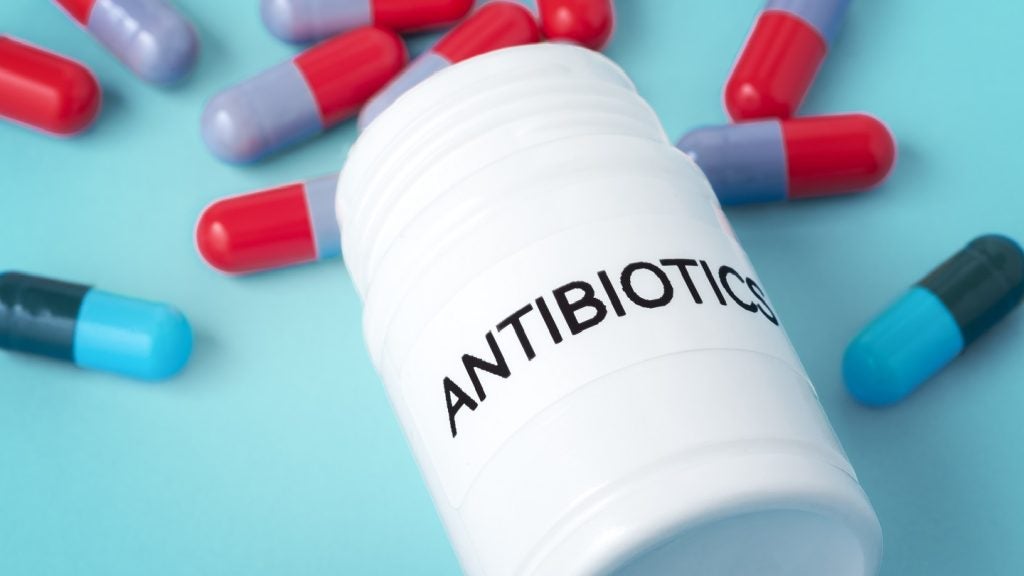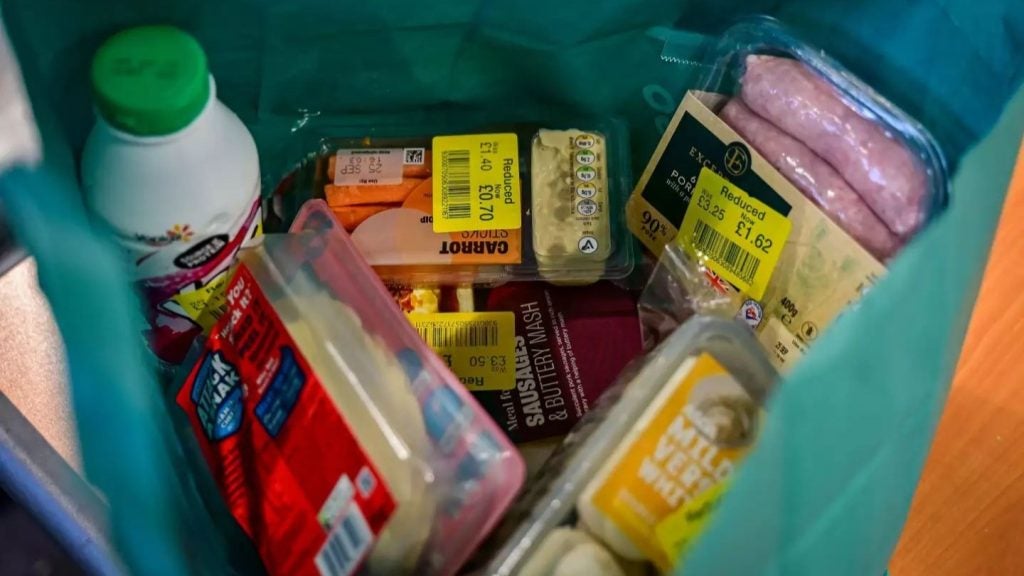UK supermarkets are yet to fully comply with the new legislation aimed at curbing the use of antibiotics in farming, according to a report by the Alliance to Save Our Antibiotics (ASOA).
Launched on 27 September, the report coincides with a high-level meeting at the UN General Assembly addressing the global health threat of antibiotic resistance.
Despite significant reductions in antibiotic use on UK farms, the report finds that supermarkets' policies are not generally applied to branded foods, including imported meat and dairy.
The World Health Organization has identified antimicrobial resistance as a major global public health issue, with antibiotic resistance causing approximately 1.27 million deaths annually worldwide.
The UK introduced the legislation on 17 May 2024, banning the use of antibiotics to compensate for substandard farming practices.
However, supermarkets' supply chains have not demonstrated full compliance with this law, often allowing suppliers to use intensive farming methods that lead to higher disease and antibiotic use levels.
As per ASOA, M&S has the best responsible antibiotic use policy, followed by Tesco and Waitrose.
The data also revealed that M&S and Morrisons are the only supermarkets to implement a full ban on the use of the antibiotic colistin.
Online grocery retailer Ocado is the only supermarket without an antibiotics policy.
ASOA policy and science manager Cóilín Nunan said: "It is no longer legal to use antibiotics to prop up farming methods that are causing animals to fall sick. So to avoid misusing antibiotics, and to keep animals healthy, supermarkets must now take strong and urgent action to improve animal husbandry and welfare."
Since the first assessment in 2017, supermarket policies have contributed to a 59% reduction in total farm antibiotic use and an 81% reduction in the use of critically important antibiotics.
However, these policies typically cover only own-brand products, leaving branded and imported foods without the same oversight.
This discrepancy not only puts UK farmers at a disadvantage but also poses a health risk to consumers.
Nunan added: "Globally, it is estimated that about two-thirds of all antibiotics are used in farm animals. Yet supermarkets are often not checking whether the imported food they are selling has been produced with routine antibiotic use. This is unfair to UK farmers, who are held to higher standards. More importantly, it is a threat to the health of consumers."















